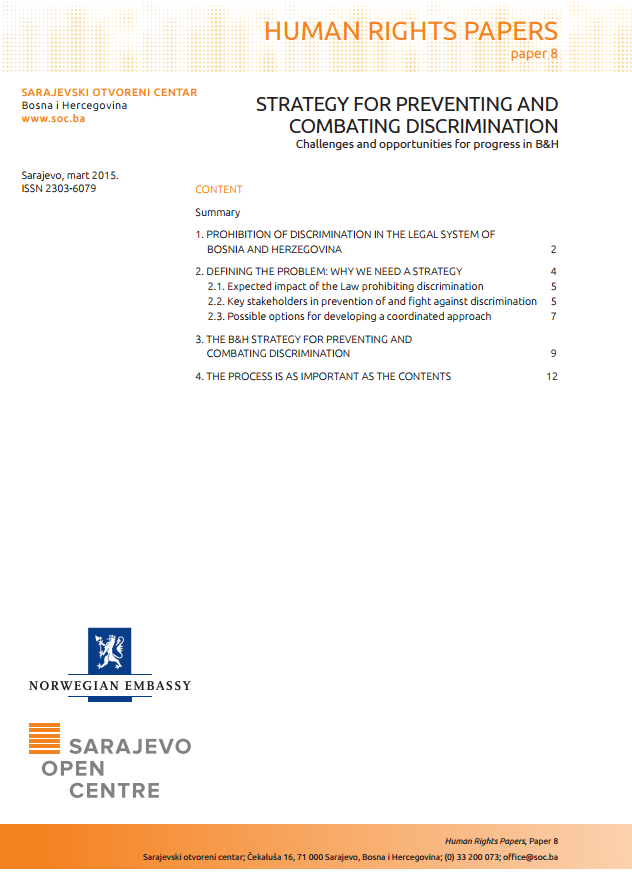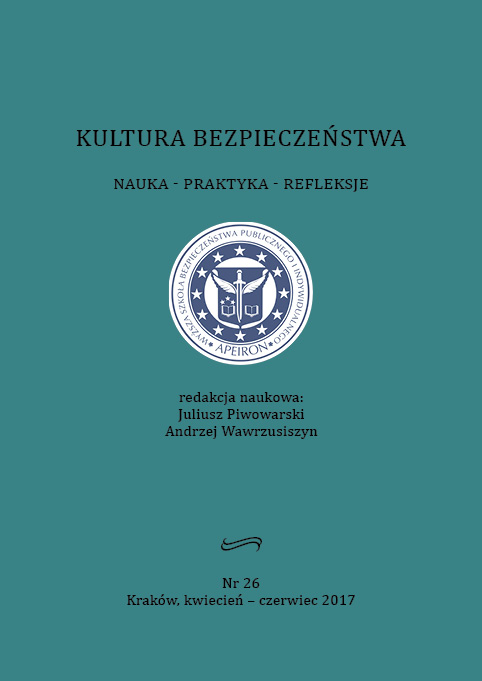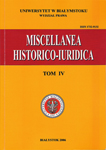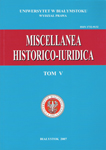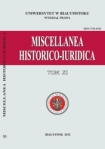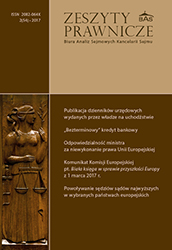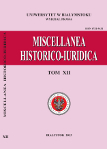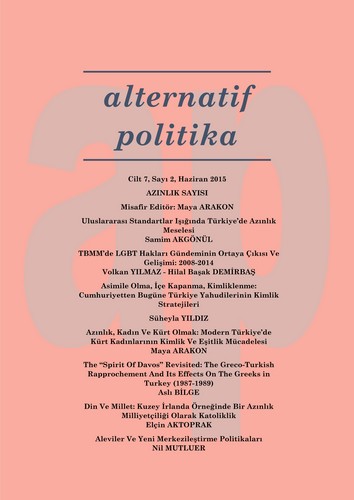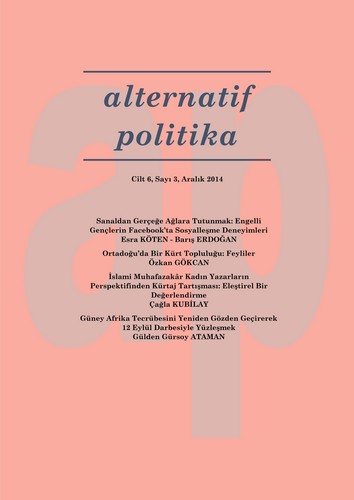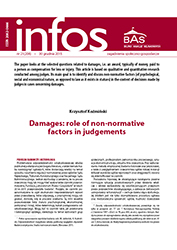
Odpowiedzialność odszkodowawcza władzy publicznej w poglądach sędziów
The paper looks at the selected questions related to damages, i.e. an award, typically of money, paid to a person as compensation for loss or injury. This article is based on qualitative and quantitative research conducted among judges. Its main goal is to identify and discuss non-normative factors (of psychological, social and economical nature, as opposed to law as it exists in statues) in the context of decisions made by judges in cases concerning damages.
More...
